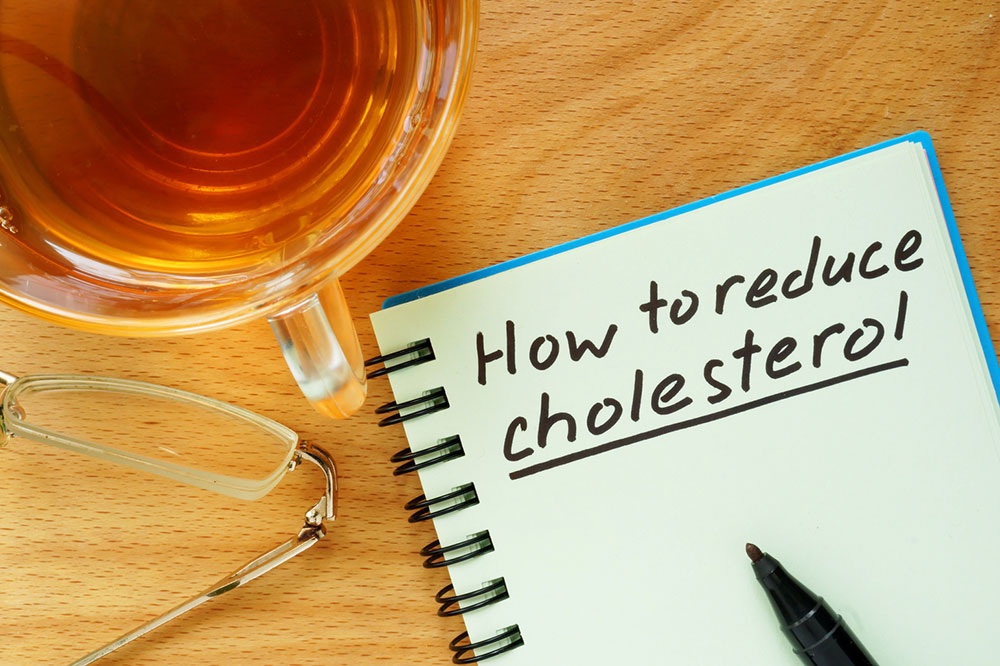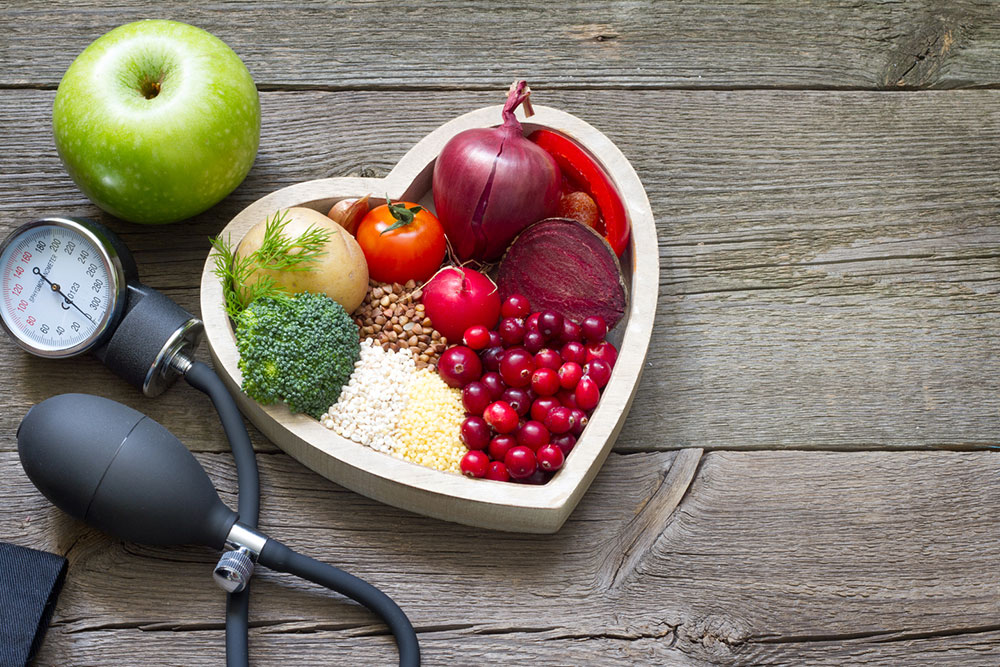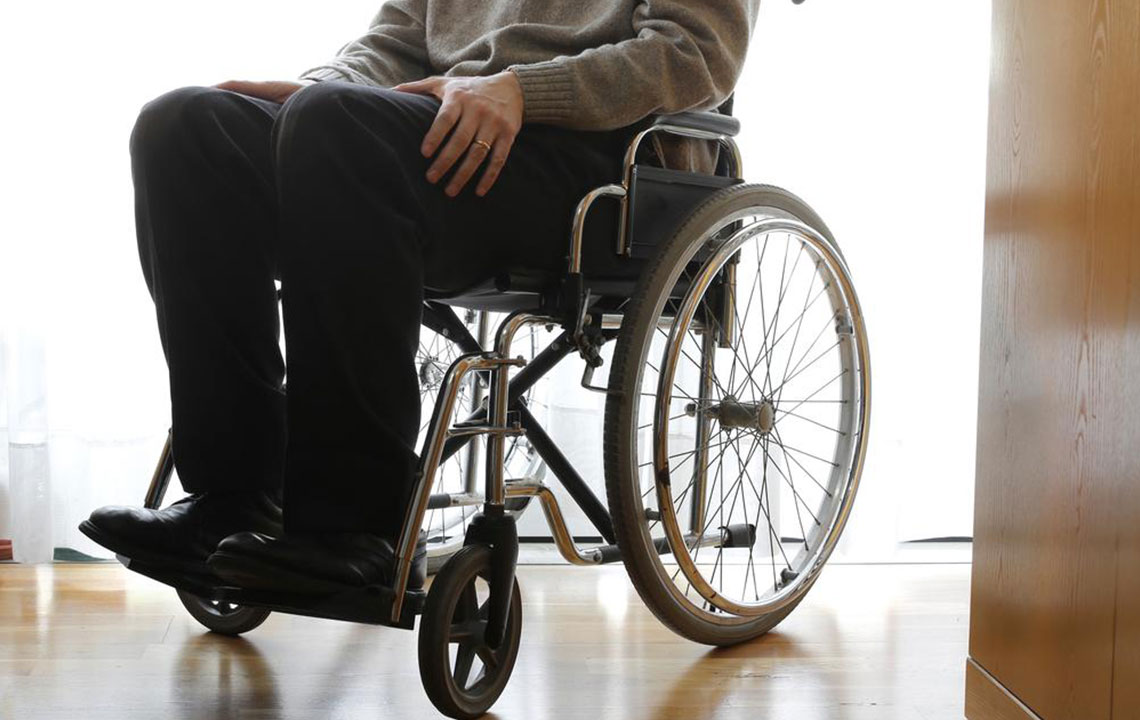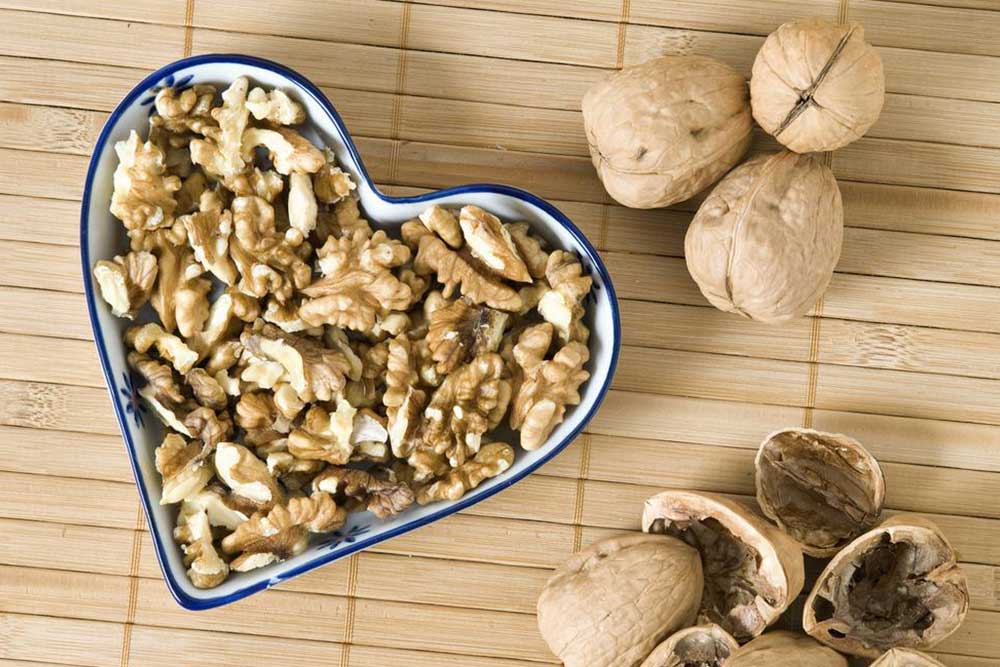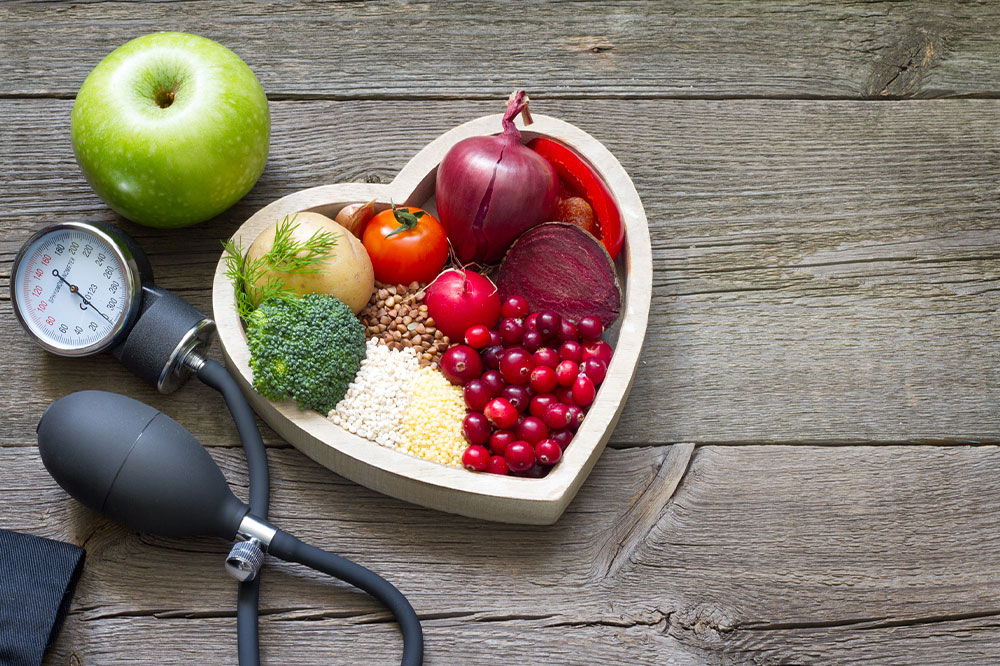Effective Lifestyle Strategies to Lower Cholesterol Rapidly
Learn practical lifestyle steps to rapidly lower cholesterol levels, including diet modifications, increased physical activity, weight management, and avoiding smoking and excessive alcohol. These simple yet effective habits can significantly improve your cardiovascular health and reduce disease risks.
Sponsored

Strategies for Quickly Reducing Cholesterol Levels
Many individuals seek fast solutions to lower their cholesterol. Cholesterol, a waxy substance produced by the liver, is essential for cell formation, nerve protection, and hormone production. However, foods like eggs, dairy, and red meat can increase cholesterol levels, leading to health risks such as heart disease. This guide highlights key lifestyle modifications that can help you manage and reduce cholesterol effectively.
Incorporating healthy habits can make a significant difference in your cholesterol profile and overall well-being.
Adopt a Heart-Healthy Diet
Simple dietary changes can improve cholesterol:
Limit saturated fats: Found mainly in full-fat dairy and red meats, these fats elevate cholesterol levels.
Avoid trans fats: Present in partially hydrogenated oils, trans fats increase bad cholesterol and should be eliminated.
Include omega-3 rich foods: Walnuts, flaxseeds, salmon, and herring help reduce heart disease risk by lowering blood pressure, even if they don't directly lower cholesterol.
Eat soluble fiber: Foods like oats, beans, apples, and sprouts contain fibers that block cholesterol absorption.
Consume more fruits and vegetables: They are low in fat but rich in vital nutrients and fiber.
Whey protein intake: Dairy-based whey protein can help lower both cholesterol and blood pressure.
Maintain a healthy weight
Achieving and keeping a healthy weight contributes to lowering cholesterol naturally.
Quit smoking
Smoking reduces HDL, the beneficial 'good' cholesterol. Even passive inhalation affects HDL levels.
Enhance physical activity
Regular exercise, such as 20-30 minutes daily or vigorous workouts thrice weekly, boosts HDL and improves cardiac health.
Moderate alcohol consumption
Excess alcohol intake can cause high blood pressure and other issues. Drink responsibly to prevent negative health effects.
Following these strategies, along with medical advice, can help control cholesterol levels effectively. Lifestyle changes paired with prescribed medications can lead to healthier hearts and improved well-being.


